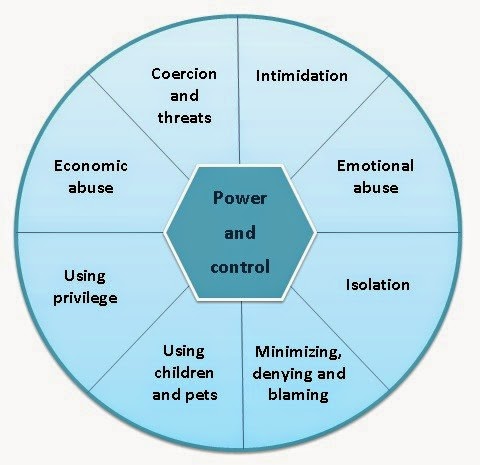A tourist who got arrested in Las Vegas can
be released by posting a bail. However,
if he doesn’t want to post a bail, another way to be released is through an OR
Release.
1. What is an OR Release?
An OR Release is also known as the “own
recognizance” release. This is granted
when an arrested tourist in Las Vegas makes a written promise to appear in all
future proceedings.
2. How to get an OR Release?
The criminal defense lawyer will file a
motion in court on behalf of the tourist so he will be released, without
posting any bail.
Related Article: 5 FAQs about Tourist Arrests in Las Vegas
3. What are the factors that
the judge considers in granting an OR Release?
The Judge considers several factors in granting
an OR Release:
- Severity of the crime
- Criminal history
- Danger that might be caused to the community due to the release
- Relation to a family, neighborhood, and employment
4. What are the conditions
applied when granted with an OR Release?
State criminal courts require definite
conditions after granting a tourist with an OR release. Some of these
conditions include:
- Restriction of travel privileges
- Periodical communication with the court
- Regular checking of a probation officer
- Setting of curfew and stay-away orders
These conditions may apply until all the
court proceedings are finished.
The tourist will be subject to an immediate
arrest if he/she violated the conditions imposed and does not show up in court
for any court proceeding that requires the defendant’s presence.










